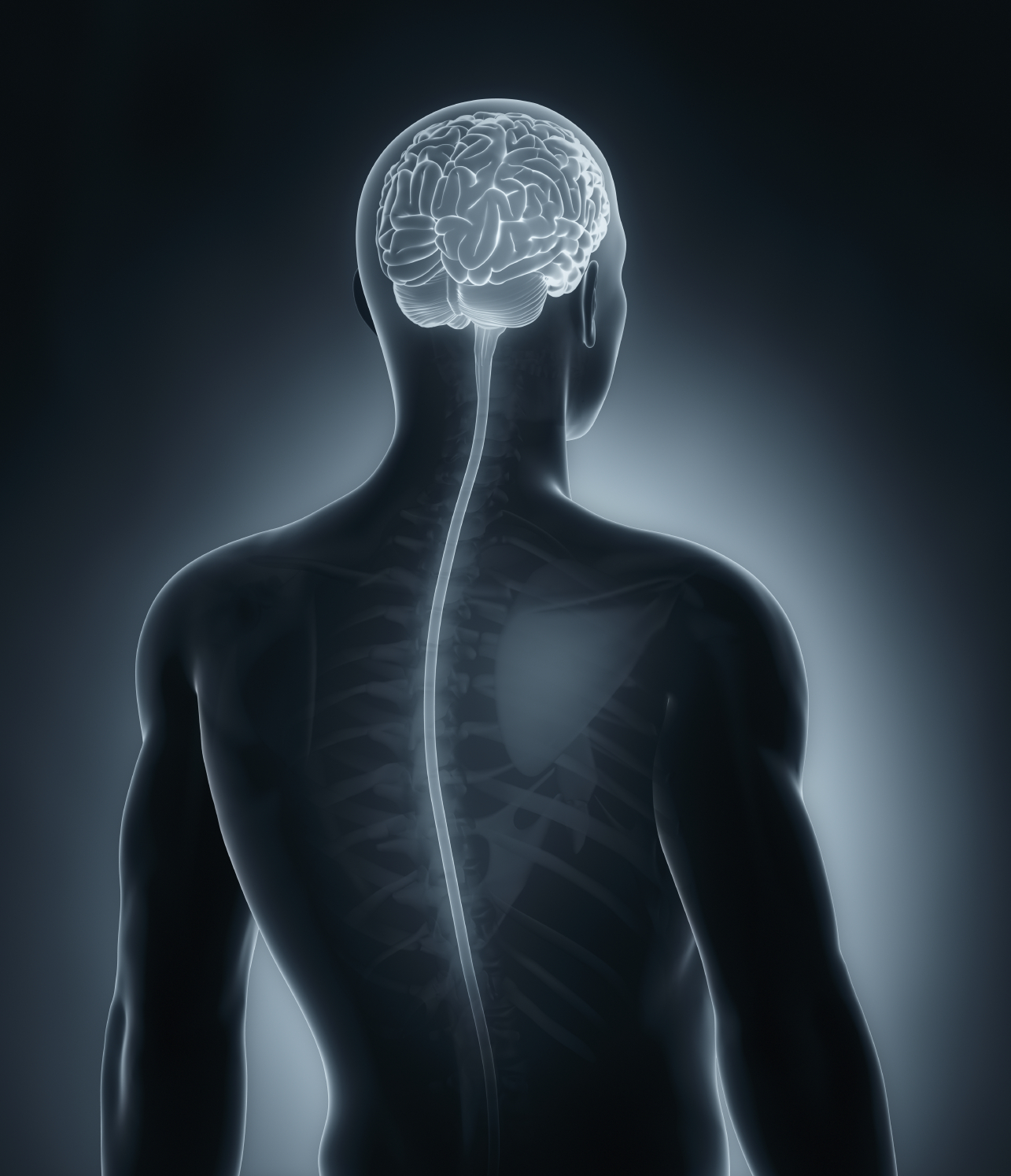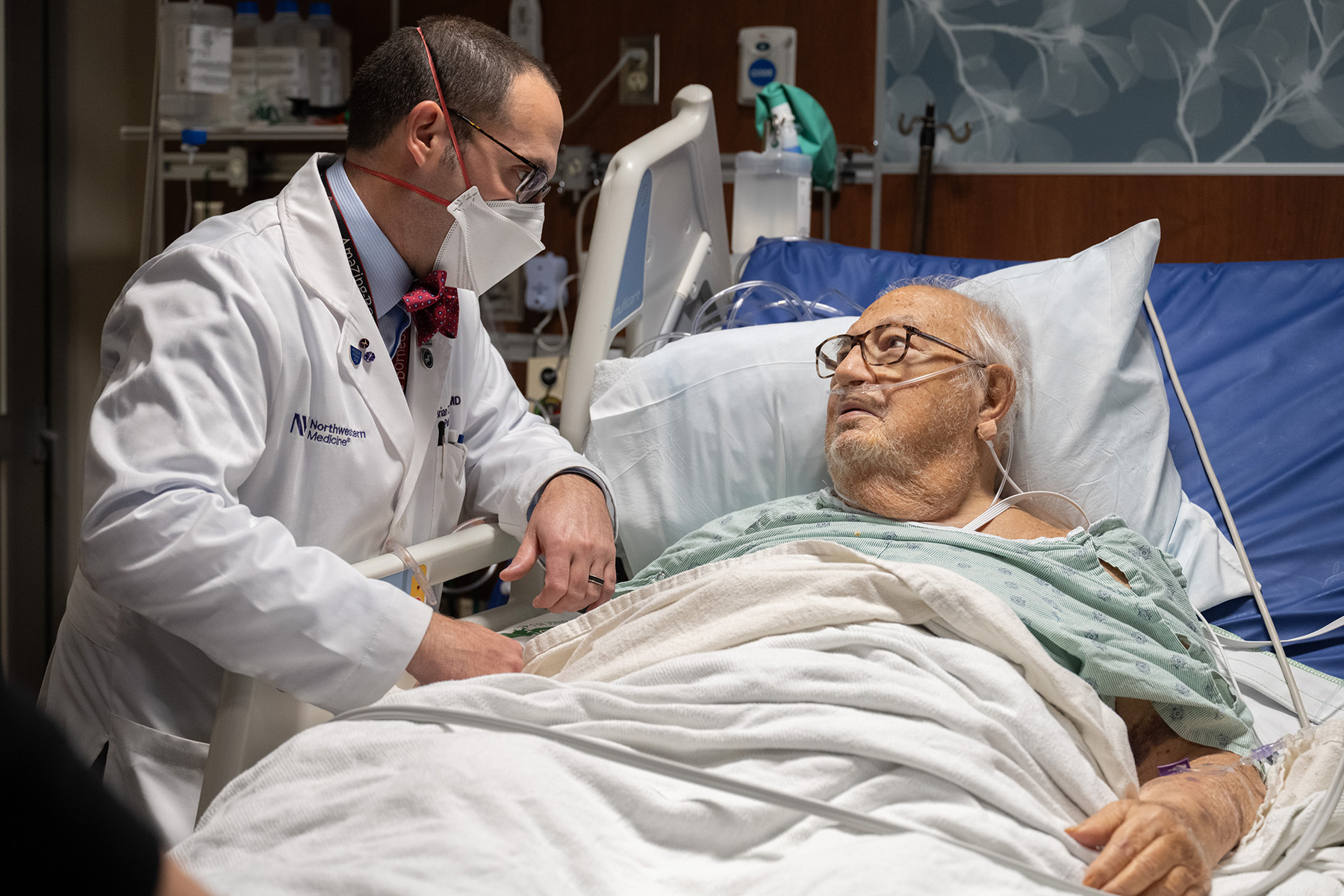Author: medweb
-

Nobel Laureate Visits Northwestern
Jack Szostak, PhD, Nobel Laureate and professor of Genetics at Harvard Medical School, spoke on the chemistry of nonezymatic RNA replication at Northwestern’s Chicago campus, the first of the two-part SQI Distinguished Lecture series.
-

New Insights into the Regulation of Cellular Iron
Northwestern Medicine scientists have uncovered a novel pathway in the regulation of cellular iron, findings that were published in the Journal of Clinical Investigation.
-

Unexpected Role for Calcium Ion Channel Protein Revealed
Northwestern Medicine scientists and collaborators have shown that a protein thought to form calcium ion channels instead regulates the activity of another member of the family to modulate immune responses.
-

Mentors of the Year Share Advice and Experience
Feinberg’s 2017 Faculty Mentor of the Year recipients Rowland Chang, MD, MPH, and Claus-Peter Richter, MD, PhD, delivered presentations on their perspective on and experiences of being mentors at a workshop.
-

Thyroid Treatment in Pregnancy Does Not Improve Children’s IQ
Treating mild hypothyroidism during pregnancy does not lead to improved cognitive functioning in children through five years of age, according to a recent study in the New England Journal of Medicine.
-

Examining Use of Small-molecule Inhibitors in Preserving Fertility
Scientists have demonstrated that a small-molecule inhibitor can preserve fertility in mice, when administered as a co-treatment with conventional chemotherapy.
-

Insights Into the Essential Building Blocks of the Nucleus
A new study defined the architecture of nuclear lamins, the fibrous proteins in a cell’s nucleus, providing further insights into their role in cell structure.
-

Medical Honor Society Welcomes Class of 2017 Inductees
Thirty-six new members of the Northwestern University Feinberg School of Medicine community were inducted into the Alpha Omega Alpha (AOA) medical honor society.
-

Moskowitz Elected to the Academy of Behavioral Medicine Research
Judy Moskowitz, PhD, MPH, professor of Medical Social Sciences and director of Research at the Osher Center for Integrative Medicine, has been elected to the Academy of Behavioral Medicine Research.
-

Investigating the Impact of Testosterone Treatment on Older Men’s Health
Testosterone treatment in older men reduced anemia but did not improve cognitive function, and was associated with a significant increase in arterial plaque, according to Northwestern Medicine clinical trials.






